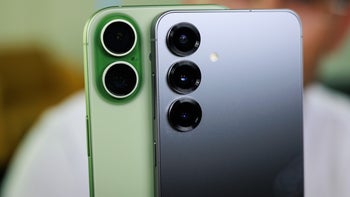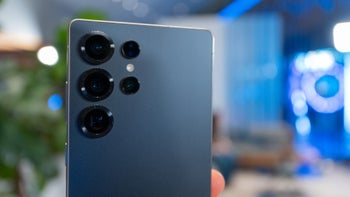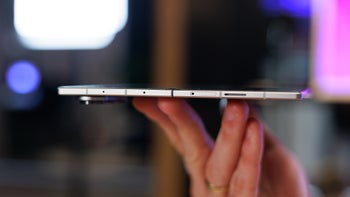An idle Pixel handset shares 1MB of personal data every 12 hours with Google, iPhone no better: study

Android smartphones and Apple's iPhone send data to their respective companies every 4 and a half minutes on average, The Irish Times reports.
Data is shared even when you are not actively using your handset.
- The new iPhone 13: price, release date, features, and specs
Although Google handsets allegedly collect more data than iPhones, the two companies seem to have similar data collection practices.
Details such as the hardware serial number, Wifi MAC address, IMEI, phone number, and insertion of a SIM are among the data that's being shared by smartphones.
Apple, which casts itself as pro-privacy, also appears to be collecting excessive data.
iPhones not only gather data about smartphone activity but also snoop on devices nearby. When someone connects to a wifi network, the WiFi MAC addresses of other phones on the network are also sent to the Cupertino giant.
I think most people accept that Apple and Google need to collect data from our phones to provide services such as iCloud or Google Drive. But when we simply use our phones as phones – to make and receive calls and nothing more – it is much harder to see why Apple and Google need to collect data.
The WiFi MAC address identifies a device on a WiFi network and so, for example, uniquely identifies your home router, cafe hotspot or office network. That means Apple can potentially track which people you are near to, as well as when and where. That’s very concerning." - Prof Leith.
Yet in this study we find that Apple and Google collect a wealth of information in precisely that situation. It seems excessive, and it is hard to see why it is necessary.
There is no way to opt-out of the data collection and there are concerns that companies could link device data to other sources such as web browsing.
Google says that device data is needed to keep the operating system up to date.
This research outlines how smartphones work. Modern cars regularly send basic data about vehicle components, their safety status and service schedules to car manufacturers, and mobile phones work in very similar ways. This report details those communications, which help ensure that iOS or Android software is up to date, services are working as intended, and that the phone is secure and running efficiently.
Follow us on Google News














Things that are NOT allowed:
To help keep our community safe and free from spam, we apply temporary limits to newly created accounts: